Log in or register to save completed lessons.

Balkon (Balcony)

Banyo (Bathroom)

Dolap (Wardrobe)

Klima (Air conditioner)

Koltuk (Couch)
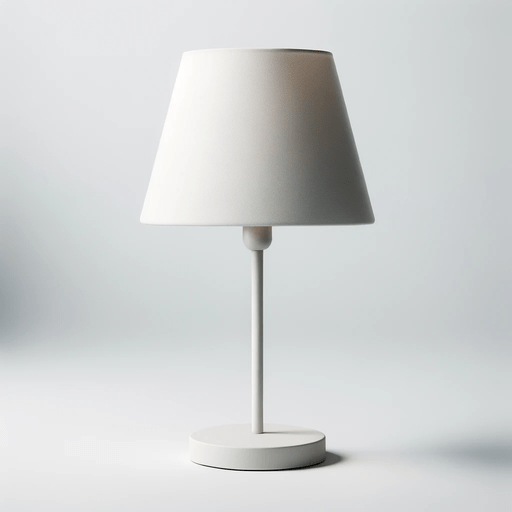
Lamba (Lamp)

Masa (Table)

Mutfak (Kitchen)

Pencere (Window)

Perde (Curtain)

Saat (Clock)
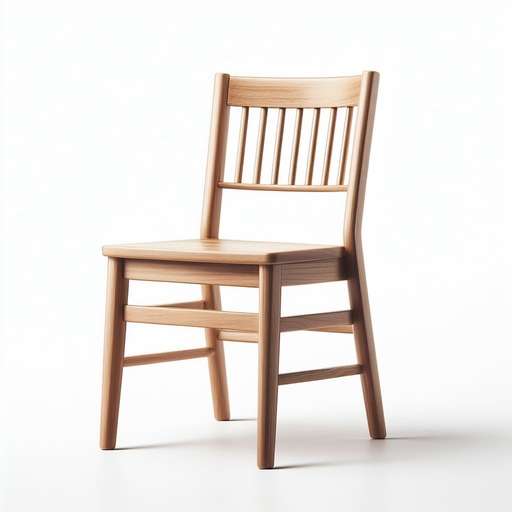
Sandalye (Chair)
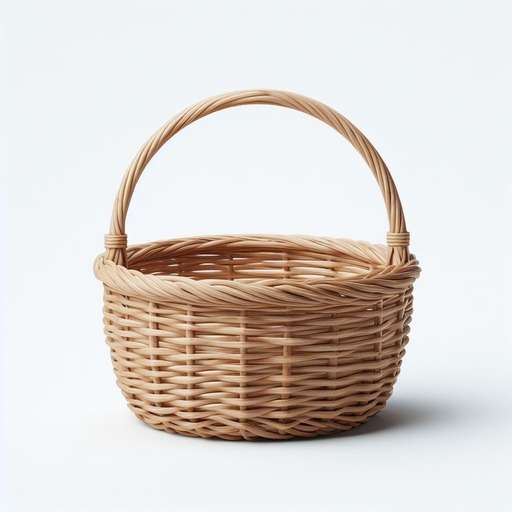
Sepet (Basket)
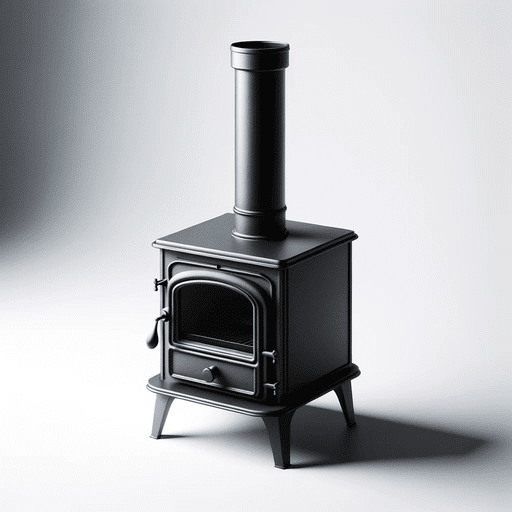
Soba (Wood burning stove)

Tablo (Picture)

Televizyon (Television)

Yastık (Pillow)

Yatak odası (Bedroom)

Yatak (Bed)

Anahtar (Key)
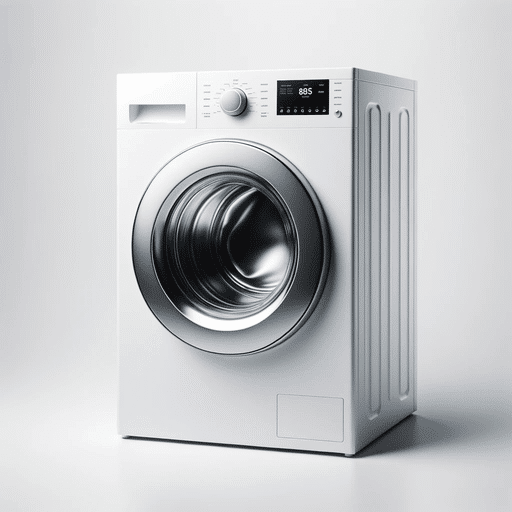
Çamaşır makinesi (Washing machine)

Çekmece (Drawer)

Kapı (Door)

Salon (Living room)

Kutu (Box)
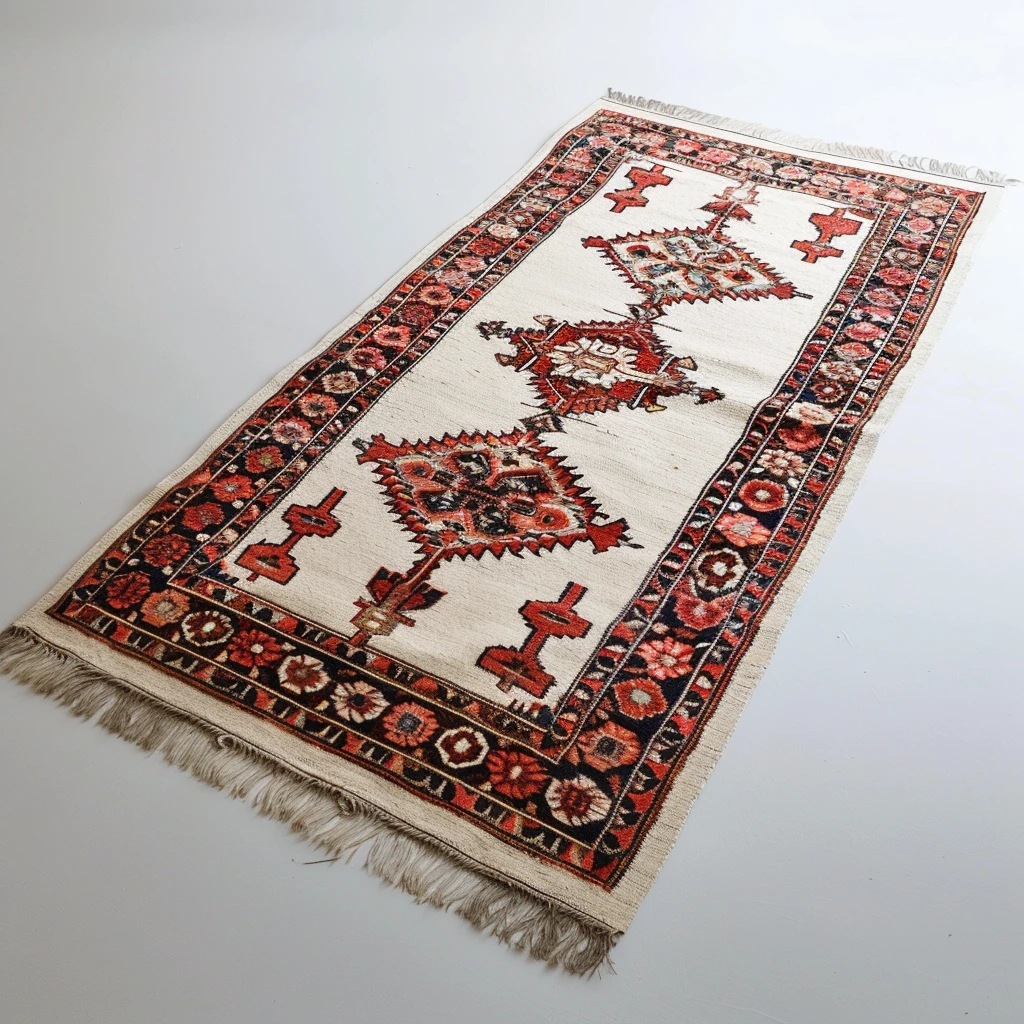
Halı (Carpet)
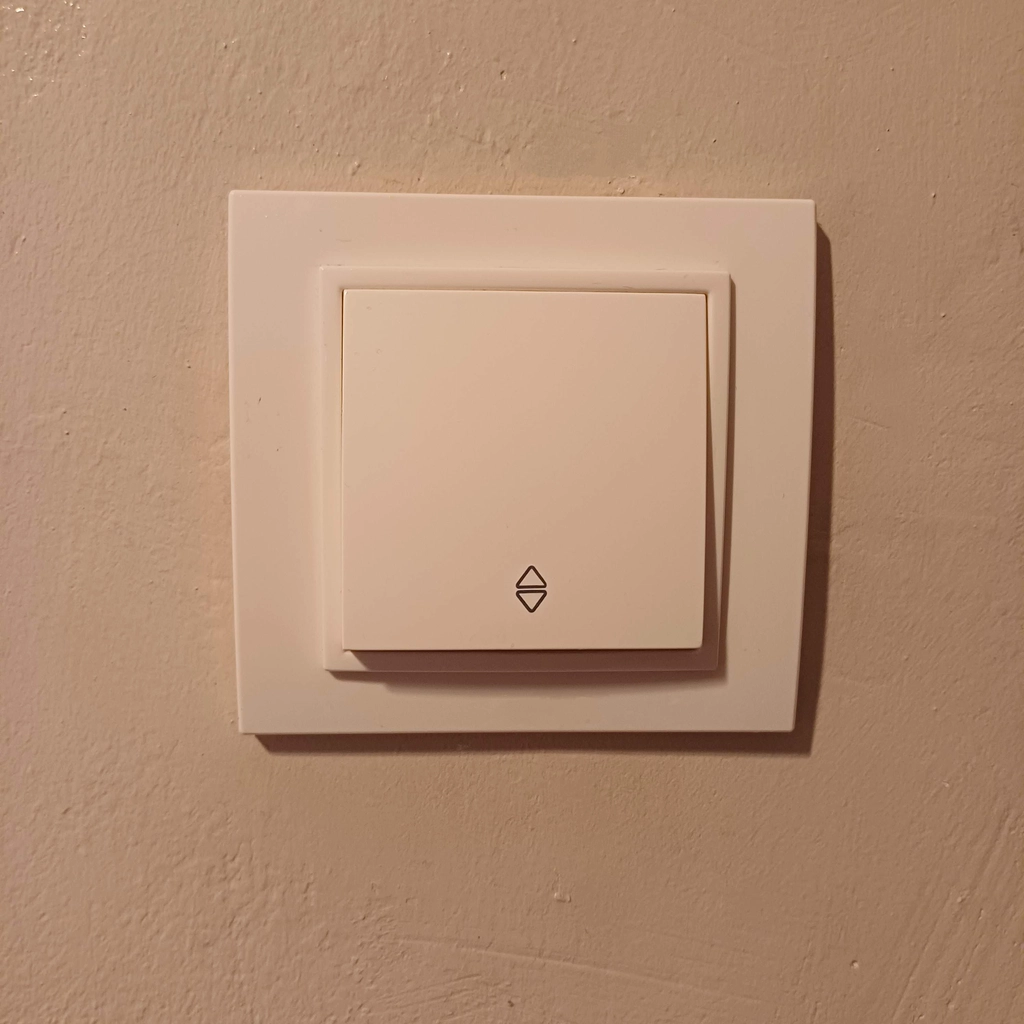
Işık düğmesi (Light switch)

Mum (Candle)
Practice what you know
Now that you’ve gotten introduced to the Turkish words for common things around the house, you’re ready to practice your vocabulary.

the s ın both saat and sepet sound a lot lıke t and do not match the s of the voıce ın Google Translate I am used to usıng
Robert, I think I hear what you are saying in the recordings. The s sound in these recordings is further forward in the mouth than, for example, the s sound in English, which might be why it sounds more like a “t” to you. This is because the Turkish “s” sound is either a voiceless dental fricative or a voiceless denti-alveolar fricative (for more information, see https://en.wikipedia.org/wiki/Voiceless_alveolar_fricative#Voiceless_dental_sibilant).
As to why it sounds different in the voice in Google Translate, many text-to-speech technologies like this rely on synthetically stitching together small snippets of speech sounds instead of relying on recordings of full words. So it is possible that Google may have used recordings of the farther back alveolar “s” sound that is more common in world languages instead of using an “s” sound that is further forward as seems to be more common in native speakers.
You may also encounter a range of slight differences among native speakers, particularly among people from regions with slight accent differences. If you want to hear more recordings of a particular word from different speakers, I recommend using Forvo, the online pronunciation dictionary: https://forvo.com/languages/tr/
i already know this website is gonna help me a lot lol